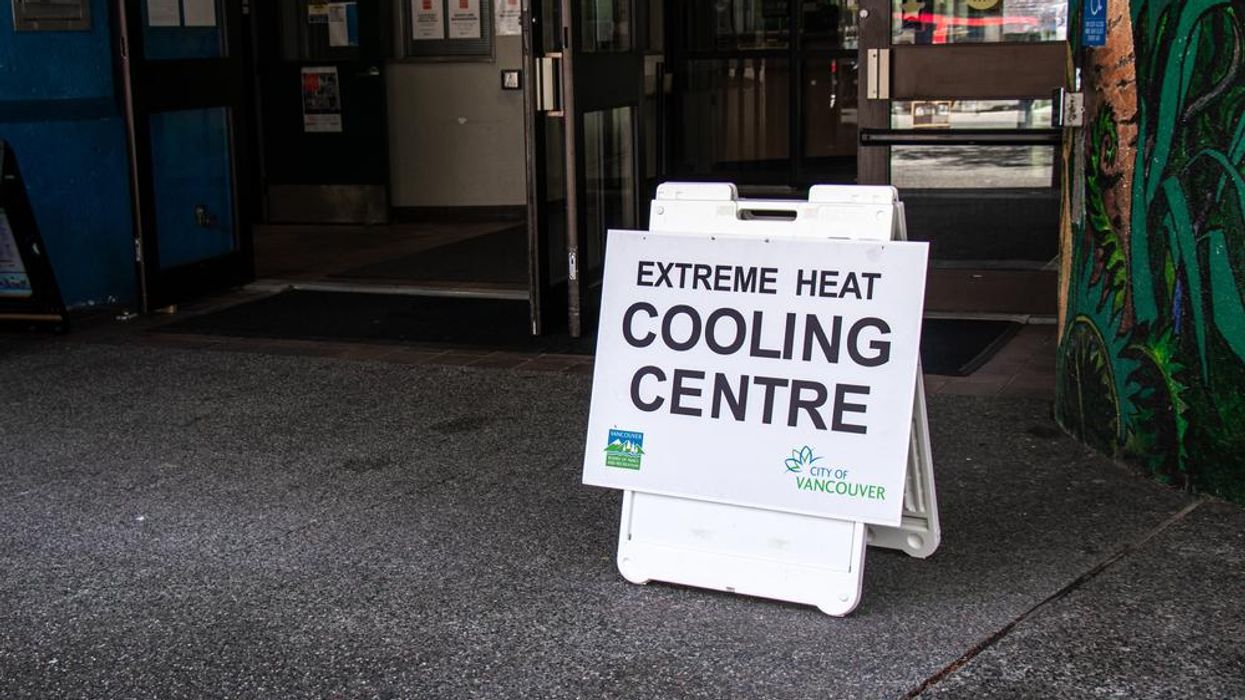Click here for updates on this story
TORONTO (CTV Network) — Planting more trees could reduce heat deaths in cities by a third, a new study by European researchers has found.
The study, published in peer-reviewed journal The Lancet on Tuesday, looked at how heat affected mortality in 93 European cities during the summer of 2015. Of the 6,700 deaths attributable to heat during this period, the researchers say increasing tree cover up to 30 per cent could have prevented 2,644, or one-third, of these deaths.
Currently, the average tree coverage in European cities is around 14.9 per cent. The study's modelling found that increasing tree cover to 30 per cent helped lower temperatures in cities by an average of 0.4 C.
Lead author Tamar Iungman of the Barcelona Institute for Global Health said the study was the largest of its kind and the first to specifically look at mortality from heat in cities and how these deaths could be prevented by tree cover.
“Our ultimate goal is to inform local policy and decision-makers about the benefits of strategically integrating green infrastructure into urban planning in order to promote more sustainable, resilient and healthy urban environments and contribute to climate change adaptation and mitigation," Iungman said in a news release.
"Predictions based on current emissions reveal that heat-related illness and death will present a bigger burden to our health services over the next decade.”
In many urban areas, heat can get trapped due to a lack of vegetation and the presence of asphalt and other building materials that trap heat. This phenomenon leads to what are referred to as "urban heat islands," and researchers say they can have serious impacts on health outcomes as extreme heat becomes more and more common thanks to the effects of climate change.
In addition to more trees, the authors say their findings also underscore the importance of adopting more climate-resilient infrastructure, such as using building materials like granite that are less effective at trapping heat.
"We encourage city planners and decision-makers to incorporate the urban green infrastructure adapted to each local setting whilst combining with other interventions to maximize the health benefits while promoting more sustainable and resilient cities, especially as we already know that green spaces can have additional health benefits such as reducing cardiovascular disease, dementia and poor mental health, improving cognitive functioning of children and the elderly, and improving the health of babies,” study co-author Mark Nieuwenhuijsen said in the news release.
The-CNN-Wire
™ & © 2023 Cable News Network, Inc., a Warner Bros. Discovery Company. All rights reserved.
- Extreme Heat Could Endanger 40 Percent of Land Animals ›
- Oceans Warm to Record Temperatures, Impacting Extreme Weather ›
- Extreme Weather Cost the US Over $1 Trillion in the Past Seven Years ›


















































